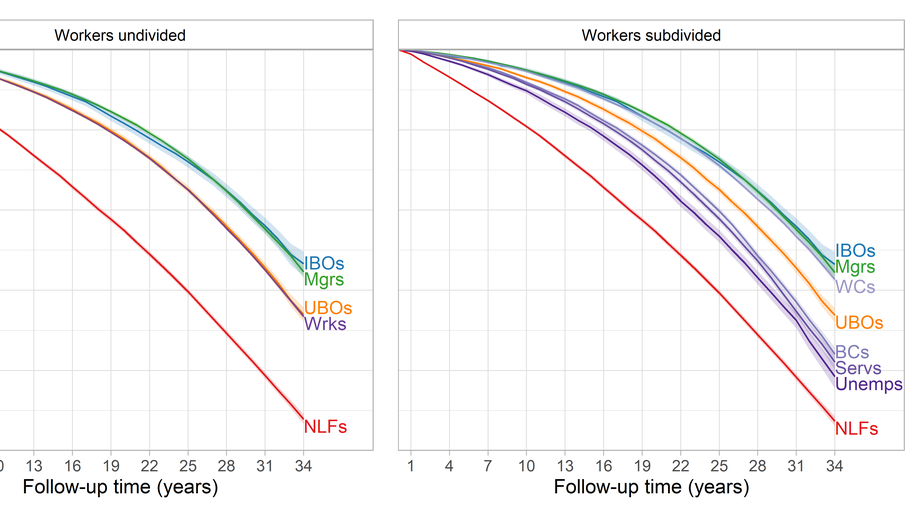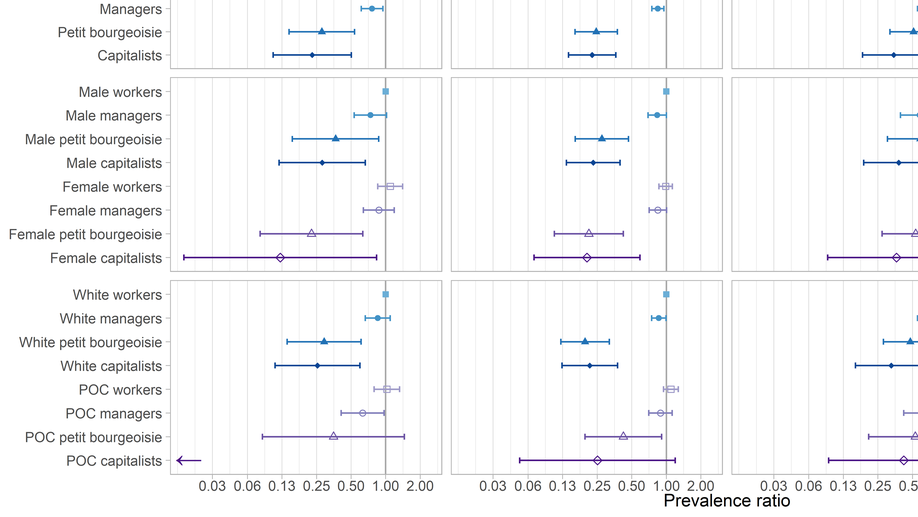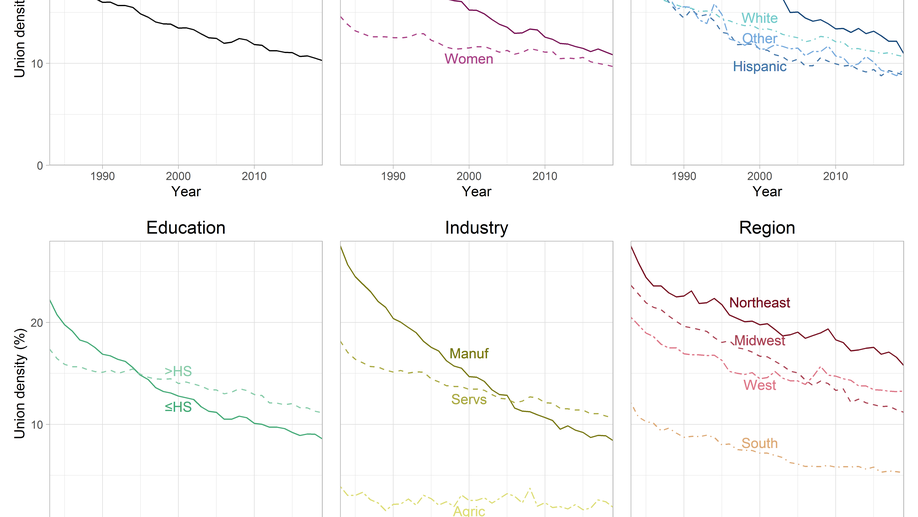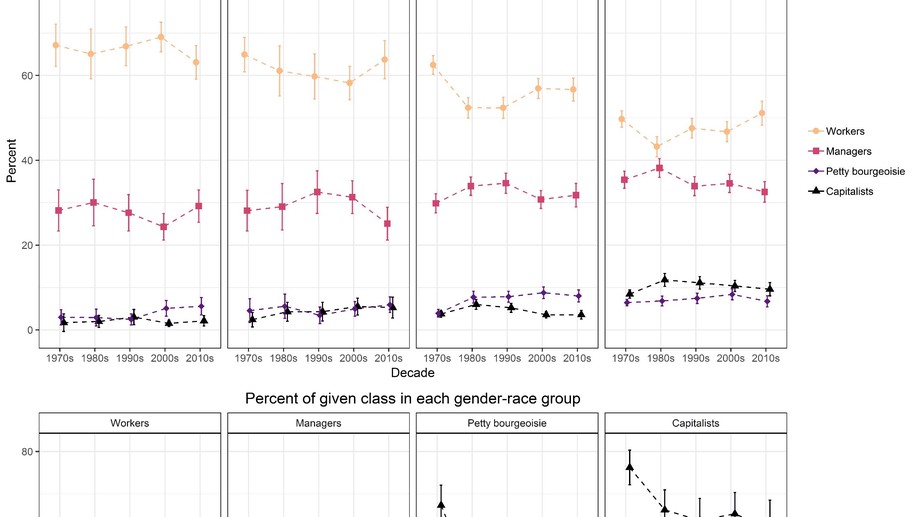Jerzy Eisenberg-Guyot
Research Scientist and Incoming Assistant Professor
NYU Grossman School of Medicine
Biography
Jerzy Eisenberg-Guyot is a Research Scientist and incoming Assistant Professor in the Division of Epidemiology at the NYU Grossman School of Medicine researching the political economy of health. His current research integrates advanced epidemiologic methods and relational social theories to investigate the effects of novel social factors, like economic exploitation, on inequities in mental illness, mortality, and other outcomes. His K99/R00 project with the National Institute on Aging analyzes the effects of social class relations and workplace power dynamics on mental illness and mortality over the life course.
Interests
- Political economy of health
- Social class relations
- Health inequities
- Epidemiologic methods
Education
-
PhD in Epidemiology, 2020
University of Washington School of Public Health
-
MPH in Epidemiology and Biostatistics, 2013
Tufts University School of Medicine
-
BA in Community Health and International Relations, 2011
Tufts University School of Arts and Sciences



